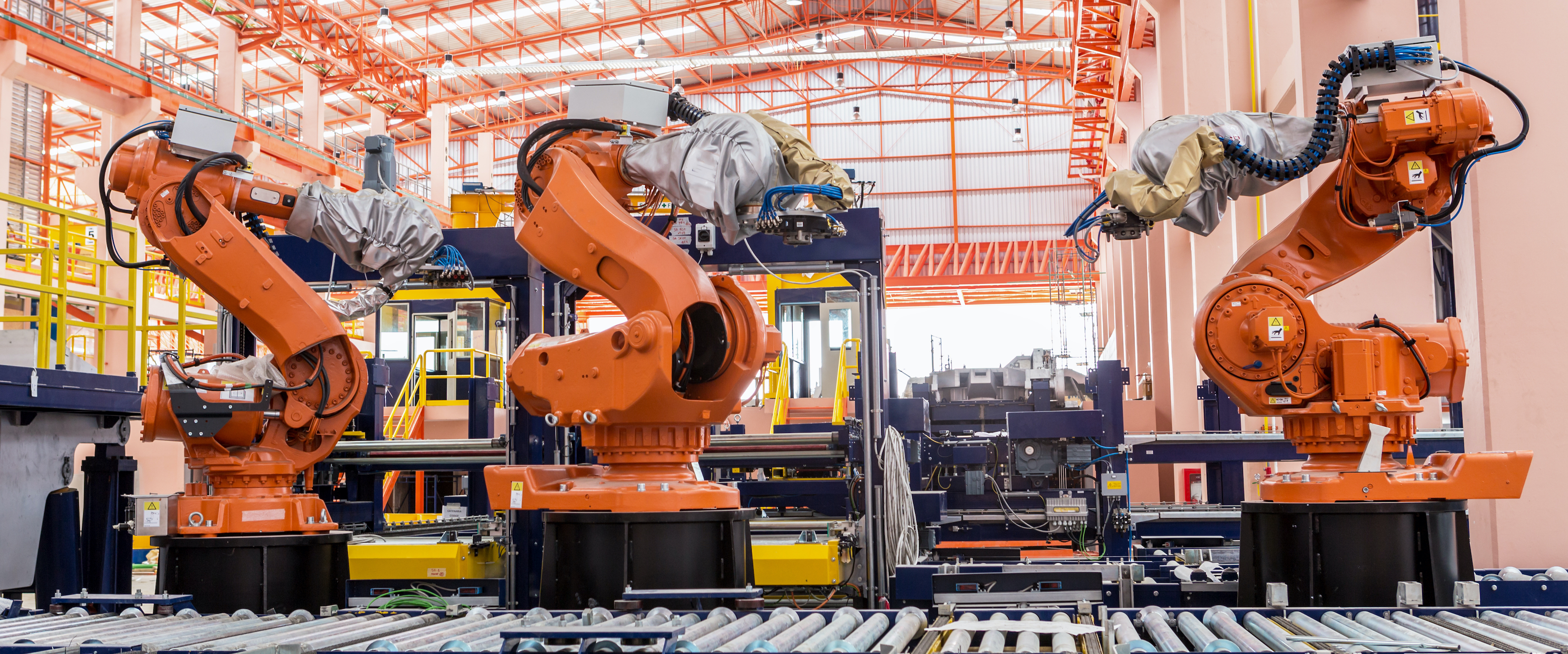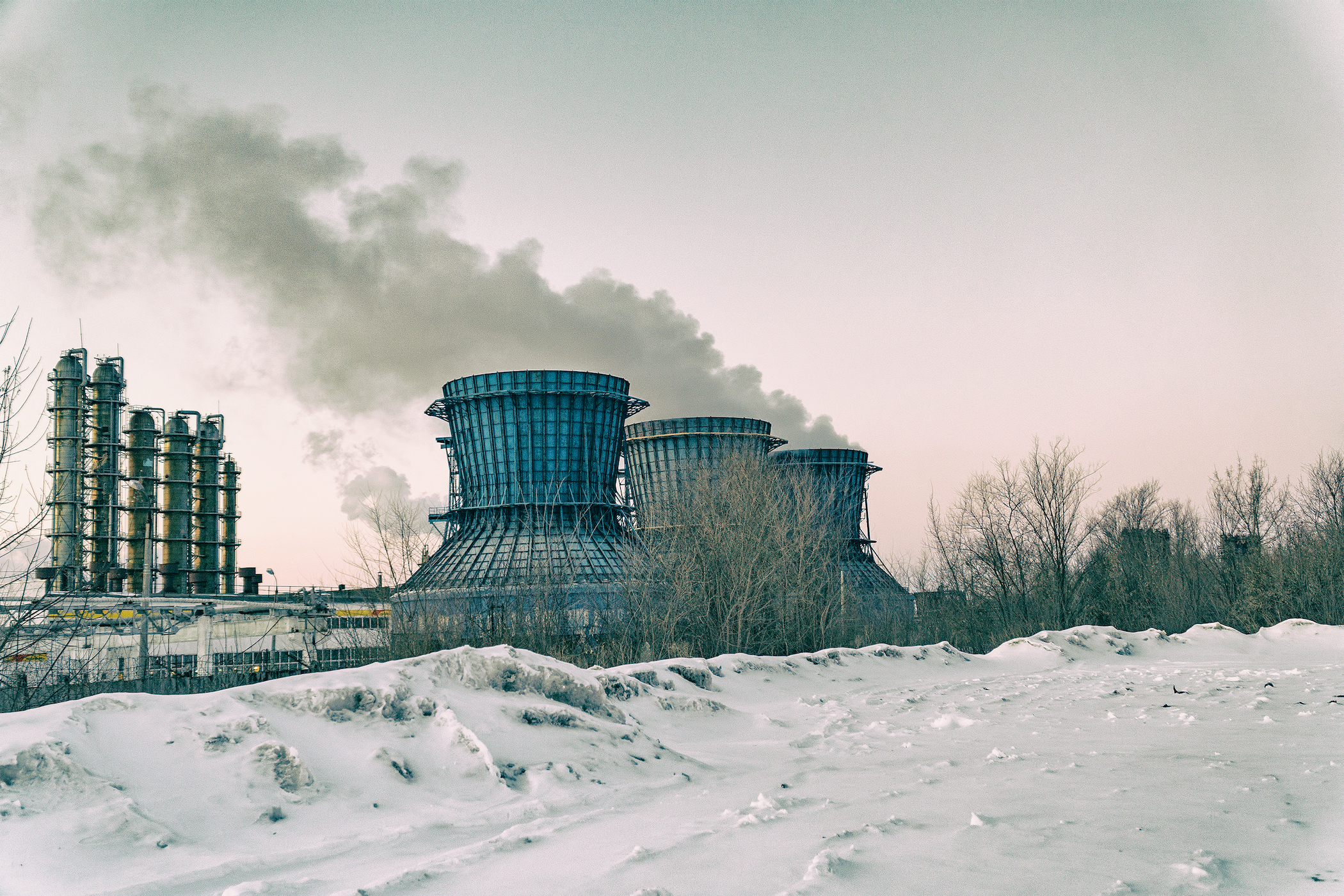For the last few years, we've heard a lot about something called the “fourth industrial revolution”. Now, you might think that a great committee of technologists and social scientists got together and examined the world of innovation and the material constitution of our world and declared this fourth industrial revolution, but they didn't do that. It’s a reinvented concept because we've been here before. The fourth industrial revolution was already happening, according to some, in the 1940s.
We also have to ask ourselves other questions: what happened to the first, second and third industrial revolutions? What were they about? Why is the one we're living through the fourth and not the second or the third or the sixth or the twenty-third? In fact, the promoters of this idea of a fourth industrial revolution have no answer to those questions.


